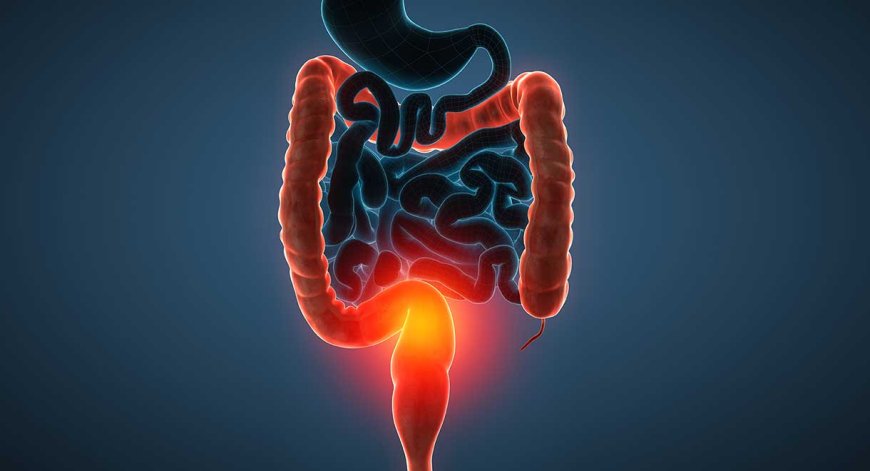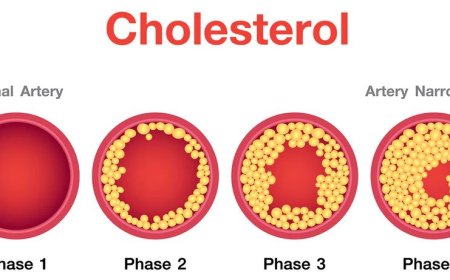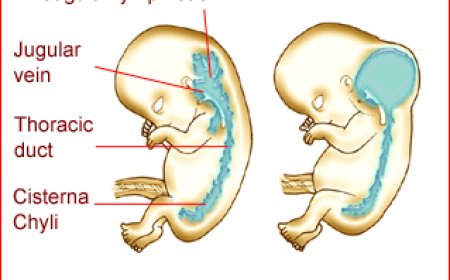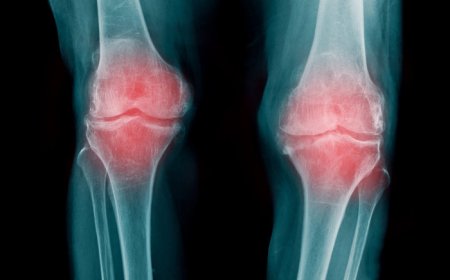Ulcerative Colitis

Introduction: What is Ulcerative Colitis?
Ulcerative colitis is a chronic inflammatory bowel disease that affects the colon (large intestine) and rectum. It is an autoimmune condition where the body's immune system mistakenly attacks the lining of the colon, causing inflammation and the formation of ulcers. This condition can lead to various uncomfortable and sometimes severe symptoms.
Signs and Symptoms:
Children with ulcerative colitis may experience the following symptoms:
-
Abdominal Pain: Children may feel pain and cramps in their tummy, which can be quite uncomfortable.
-
Diarrhea: Frequent and urgent bowel movements that may contain blood or mucus.
-
Weight Loss: Due to poor appetite and nutrient absorption problems, children might lose weight.
-
Fatigue: Feeling tired and weak is common because the body is not getting the nutrients it needs.
-
Rectal Bleeding: Blood in the stool is a common symptom of ulcerative colitis.
-
Anemia: Ulcerative colitis can lead to low red blood cell count, causing anemia, which can make children feel weak and dizzy.
Classification of Ulcerative Colitis:
Ulcerative colitis is classified based on the location and extent of inflammation in the colon:
-
Ulcerative Proctitis: Inflammation limited to the rectum.
-
Left-sided Colitis: Inflammation extends up from the rectum to the left side of the colon.
-
Pancolitis: Inflammation affects the entire colon.
Causes and Triggers:
The exact cause of ulcerative colitis is not fully understood. It is believed to be a combination of genetic, environmental, and immune system factors. Some potential triggers that can worsen the condition include:
-
Stress: High-stress levels can aggravate symptoms.
-
Dietary Factors: Certain foods might trigger flare-ups.
-
Infections: Infections can lead to inflammation.
-
Environmental Factors: Living in polluted areas may worsen the condition.
Risk Factors:
Certain factors increase the risk of developing ulcerative colitis, including:
-
Family History: If someone in the family has the condition, the risk is higher.
-
Age: It often starts during teenage years and early adulthood.
-
Ethnicity: Some ethnic groups, including Indians, have a higher risk.
-
Cigarette Smoking: Smoking can increase the risk, but it's harmful to health in general.
Types of Ulcerative Colitis:
-
Ulcerative Proctitis: Only the rectum is affected, leading to rectal bleeding and pain.
-
Left-sided Colitis: Inflammation reaches up to the left side of the colon, causing bloody diarrhea and cramps.
-
Pancolitis: The entire colon is inflamed, leading to severe diarrhea, weight loss, and fatigue.
Diagnostic Tests and Treatments:
To diagnose ulcerative colitis, doctors may perform the following tests:
-
Colonoscopy: A thin, flexible tube with a camera is inserted into the colon to view the lining and collect biopsy samples.
-
Blood Tests: To check for inflammation and anemia.
-
Stool Sample: To rule out infections and check for blood.
Treatments:
-
Medications: Anti-inflammatory drugs, immune system suppressors, and symptom relievers are used to manage the condition.
-
Dietary Changes: Avoiding trigger foods and maintaining a healthy diet can help.
-
Surgery: In severe cases, removing the colon might be necessary.
Complications:
Ulcerative colitis can lead to serious complications such as:
-
Toxic Megacolon: Severe inflammation can cause the colon to expand, which is dangerous.
-
Perforated Colon: Ulcers can lead to holes in the colon.
-
Increased Cancer Risk: Long-term inflammation increases the risk of colon cancer.
Prevention Techniques:
While ulcerative colitis cannot be fully prevented, lifestyle changes can help manage the condition:
-
Healthy Diet: Eating a balanced diet with plenty of fruits and vegetables.
-
Exercise: Regular physical activity can help reduce inflammation and stress.
-
Stress Management: Finding ways to manage stress, like hobbies or relaxation techniques.
Ulcerative colitis is a challenging condition that affects the colon and can cause uncomfortable symptoms. While there is no cure, proper medical treatment and healthy lifestyle choices can help manage the condition effectively and improve the quality of life for children and adults alike. Remember, it's essential to seek help from doctors and follow their advice for the best outcomes.
What's Your Reaction?







































































